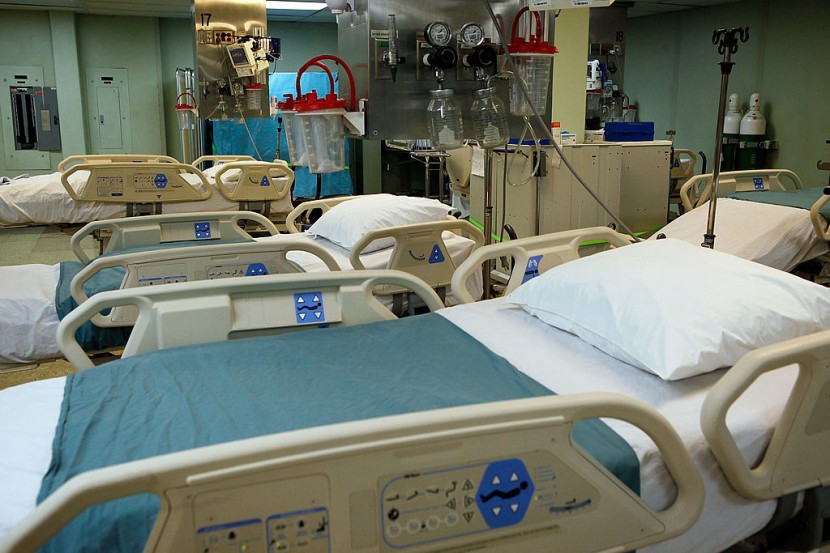
A comprehensive study published in the Journal of the American Medical Association (JAMA) has unveiled disturbing findings regarding the impact of private equity investment on patient care in the healthcare sector.
The research, which focused on 51 hospitals before and after acquisition by private equity firms, revealed a significant increase in serious medical complications, as per The New York Times.
Private Equity Sparks 25% Surge in Hospital Complications
In a recent study conducted by Dr. Zirui Song and Dr. Sneha Kannan from Harvard, alongside Joseph Dov Bruch from the University of Chicago, an analysis was performed on nearly 5 million hospitalizations. The objective of the study was to compare outcomes before and after private equity acquisitions. In the study, a range of adverse events were examined, including what are commonly referred to as "never events."
These events encompass preventable errors that occur during medical procedures, such as the unintentional retention of foreign objects within the body after surgery, blood type mismatches, incidents of falling, infections linked to surgical sites, central line infections, blood clotting following joint replacement surgeries, and the development of pressure sores.
According to the researchers, there has been a substantial 25% increase in hospital-acquired complications subsequent to the acquisition of hospitals by private equity firms. In a noteworthy development, the increase can be attributed to a surge of 27% in falls, a substantial 38% rise in central line infections linked to intensive care units (ICUs), and a significant doubling of surgical site infections.
Dr. Song emphasized that this increase in complications occurred across all hospital areas, including general floors, ICUs, and operating rooms. The findings have raised concerns among healthcare experts, with Eileen O'Grady, Health Care Research and Campaigns Director for the Private Equity Stakeholder Project, describing the results as "stunning" according to CNN.
Private Equity's Impact on Healthcare
New insights have emerged regarding the growing phenomenon of private equity firms acquiring various healthcare facilities. These include nursing homes, behavioral health systems, and private physician practices. The study sheds light on this broader trend within the healthcare industry.
In the wake of a bipartisan investigation launched by the Senate Budget Committee to examine the effects of private equity acquisitions on healthcare facilities, this research has emerged. While the study focused on patient outcomes, it also highlighted shifts in patient demographics at private equity-owned hospitals.
These hospitals tended to treat fewer patients eligible for both Medicare and Medicaid benefits, indicating a focus on those with lower incomes. Additionally, private equity-owned hospitals admitted slightly younger patients and were more likely to transfer patients to other acute care hospitals.
The American Investment Council, a private equity lobbying and research firm, challenged the study's findings, asserting that private equity investments improve and expand access to healthcare. The study authors acknowledged that more research is needed to understand how financial considerations linked to private equity ownership may impact clinical decision-making.
The study contributes to the growing body of evidence highlighting potential downsides to private equity ownership in the healthcare sector, emphasizing the need for continued scrutiny and research into the long-term effects on patient care, Aol reported.
© 2026 HNGN, All rights reserved. Do not reproduce without permission.








